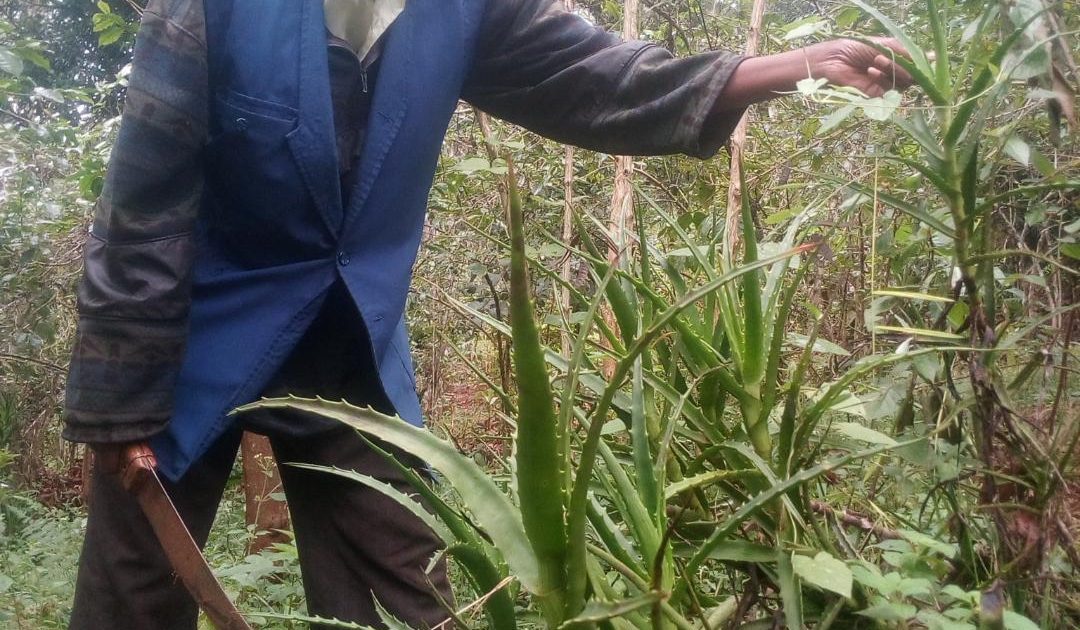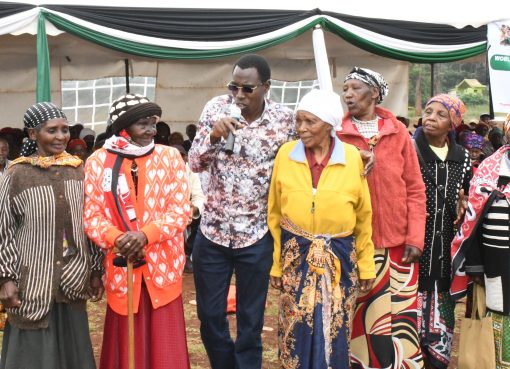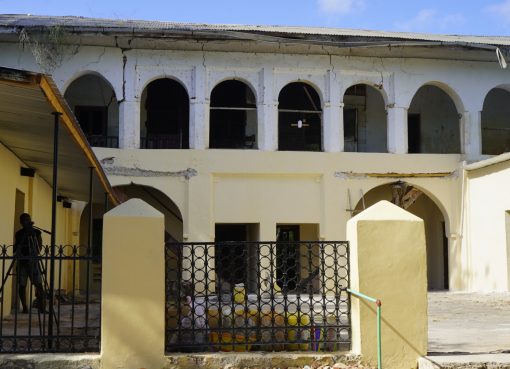A group of herbalists from Murang’a County have intensified their quest to get treatment for coronavirus after submitting samples of herbal medicine for analysis.
The herbalists under an umbrella body dubbed Murang’a Traditional Medical Practitioners Association have submitted seven samples to the Primate Research Institute after partnering with National Museums of Kenya (NMK) for analysis in effort of getting a cure for the virus that struck the country two years ago.
The 35 members have requested for assistance from other relevant government bodies in the field of health to help them in analyzing their herbal medicine and prove if it could be of help in treatment of various ailments including coronavirus.
The herbalists who usually meet at the NMK offices in Murang’a town occasionally argued that efforts were meant to get cures for various lifestyle diseases including cancer, diabetes hypertension among others
They called on the government to assist them in the establishment of the botanical gardens which would assist in research.
The association chairman Joseph Kariuki said they have been dealing with complicated diseases like throat cancer and were calling for recognition and promotion of herbal medicine.
“Herbal medicine usually helps in treatment but we want assistance in research and analysis of our medicine so that we can be fully allowed to treat some ailments,” he added.
Kariuki observed that Murang’a is among the 13 counties that have been selected in the registration, digitalization and mapping of the indigenous trees used in extracting medicines among other best practices.
Other counties listed in the programme, include Tharaka Nithi, Makueni, Narok, Kakemega, Turkana, Kilifi, Garissa, Siaya, Kisii, Marsabit, Kericho and Busia.
“As herbalists, we are looking for the government’s support in promoting our knowledge and passing it to young people. Herbal medicines have been used even before advancement of technology and can be preserved for future generations,” added Kariuki.
One of the members, Charles Gichuru said that he started dealing with traditional medicines when he was young as his father who was working in Uganda would come home with lots of indigenous trees.
“I had a passion for trees since I was in standard four until I completed Secondary school. When I was employed by the Ministry of Public Works I got a chance to visit many parts of the country and learn more about trees,” narrated Gichuru.
On his part, Mzee Andrew Muchiri an herbalist from Kambirwa village recounts how five months ago he was attacked by a mild stroke and managed to treat it with the traditional medicines.
“I have a lot of traditional trees in my farm which I use when doing my research and treatment of patients. Promoting botanical gardens will help ease access to herbals,” said Muchiri.
By Bernard Munyao




